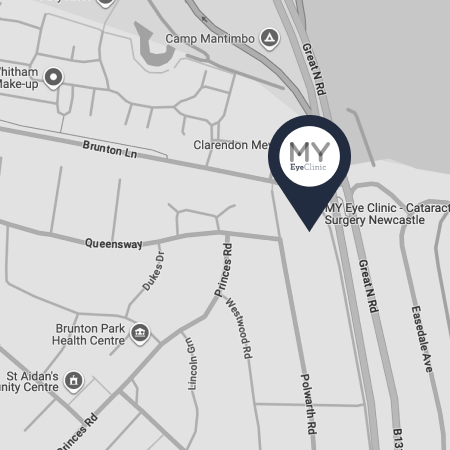
Is LASIK safe?
LASIK is one of the most popular elective procedures in the world. Millions of people have had it done to reduce or eliminate their need for glasses and contact lenses. But if you’re considering LASIK, you might be wondering: is it actually safe?
The short answer is yes. LASIK is considered a safe and effective treatment for most people. But like any medical procedure, it carries some risks. The key is to understand those risks, how common they are, and how to minimise them.
How safe is LASIK really?
Globally, LASIK has been performed on over 40 million people. Studies show that over 95% of patients achieve 20/20 vision or better.
Serious complications are rare. Modern technology, combined with strict screening and experienced surgeons, makes LASIK one of the safest elective procedures available today.
What are the risks of LASIK?
As with any surgery, there are risks. These include:
- Dry eyes: Common after surgery, usually temporary and treatable with eye drops.
- Glare or halos at night: Some people notice light sensitivity in the early healing period, which usually improves.
- Undercorrection or overcorrection: Very rare with modern lasers. If it happens, an enhancement procedure can fine-tune your vision.
- Infection: Extremely rare, as the cornea heals quickly.
Who makes a good candidate?
Not everyone is suitable for LASIK. That’s why the consultation stage is so important.
You may not be suitable if:
- Your prescription is still changing
- Your corneas are too thin
- You have an eye condition such as glaucoma or keratoconus
- You have certain health issues affecting healing
At My Eye Clinic, we only treat patients over 21 whose prescriptions are stable. This ensures results are long-lasting and safe.
What makes LASIK so safe today?
- Advanced technology
Modern lasers are extremely precise, and treatments are customised to each patient. - Detailed pre-op testing
Thorough eye tests help rule out people who aren’t good candidates. - Experienced surgeons
Choosing a skilled surgeon reduces risks and ensures the best possible outcome. - Fast healing
The cornea heals quickly after LASIK, which lowers the risk of complications.
How does LASIK compare to glasses or contacts?
It might surprise you, but long-term contact lens wear actually carries a higher risk of infection than LASIK. For people who wear contacts every day, LASIK can be a safer option overall.
Recovery and aftercare
Most patients see clearly within 24–48 hours after LASIK.
Follow-up care includes:
- Using lubricating eye drops
- Attending check-ups
- Avoiding rubbing your eyes while they heal.
Good aftercare is essential for safe recovery.
So, is LASIK safe?
For the vast majority of patients, LASIK is not only safe but life-changing.
While no surgery is completely risk-free, the combination of modern technology, careful screening, and experienced surgeons makes LASIK one of the safest and most predictable elective procedures in the world.
Next steps
The only way to know if LASIK is safe for you is to book a consultation.
Take our suitability self-test, it’s free, quick, and gives you an instant idea of whether LASIK could work for your eyes.
Find out if you are suitable for vision correction
Vision correction isn’t suitable for everyone.
The first step is to take the self test so you can find out whether you can benefit.




